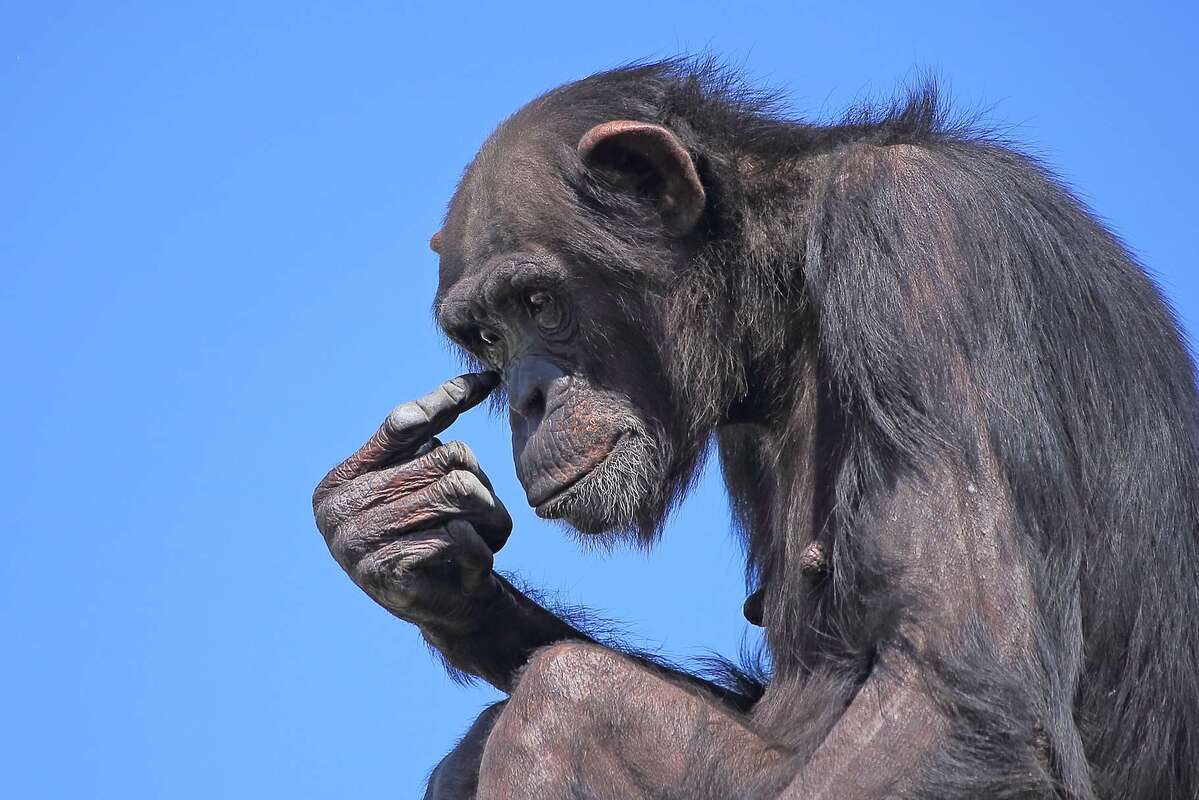Chimpanzees at the Chimfunshi Wildlife Orphanage in Zambia have surprised scientists by picking up and passing along a wholly useless habit—tucking blades of grass into their ears. This unexpected trend sheds new light on how nonhuman animals can develop and maintain social quirks that mirror our own penchant for imitation.
Did You Know?
Orcas have shown similar flair, once balancing dead salmon on their heads.
The Trend Spreads to Another Group
A second troop—never in contact with the first—soon replicated the ear-grass fashion. Then Juma, an inventive male, added grass dangling from their rears. “It’s not about why,” says Edwin van Leeuwen. “They simply copy each other.”
A Glimpse of Animal Cultural Evolution?
Both chimp groups share human caretakers who sometimes place grass or matchsticks in their own ears, right in front of the chimps. In the wild, chimpanzees focus on survival tasks, but in captivity they adopt even trivial human behaviors. This imitation likely also strengthens group bonds, signaling attention or approval. These observations challenge the notion that only humans possess culture. As Jake Brooker notes, chimpanzees can learn and spread small, pointless behaviors—proof that culture extends beyond our own species.
![]()
Nathalie Mayer
Journalist
Born in Lorraine on a freezing winter night, storytelling has always inspired me, first through my grandmother’s tales and later Stephen King’s imagination. A physicist turned science communicator, I’ve collaborated with institutions like CEA, Total, Engie, and Futura. Today, I focus on unraveling Earth’s complex environmental and energy challenges, blending science with storytelling to illuminate solutions.


